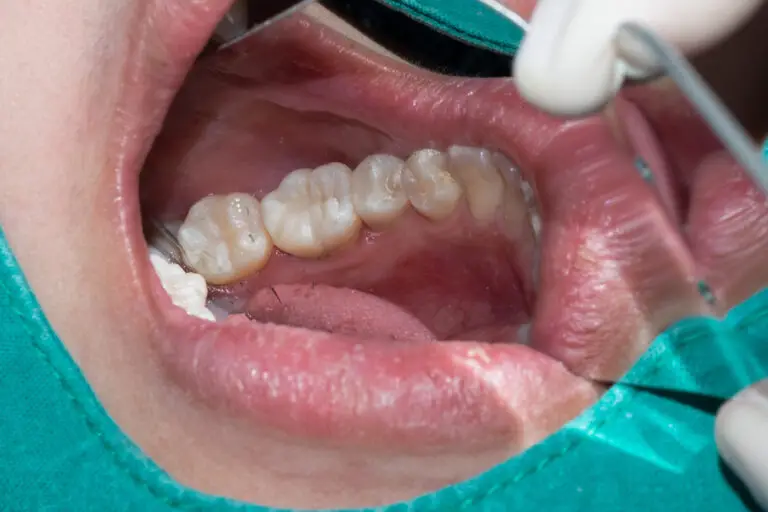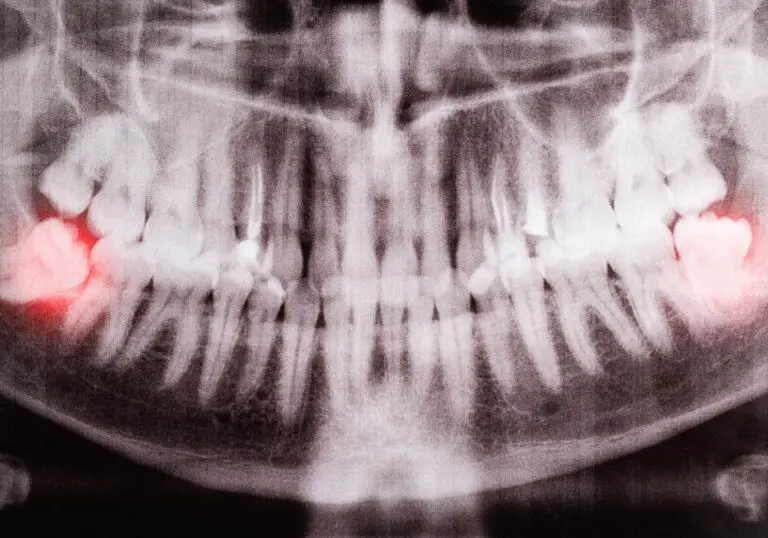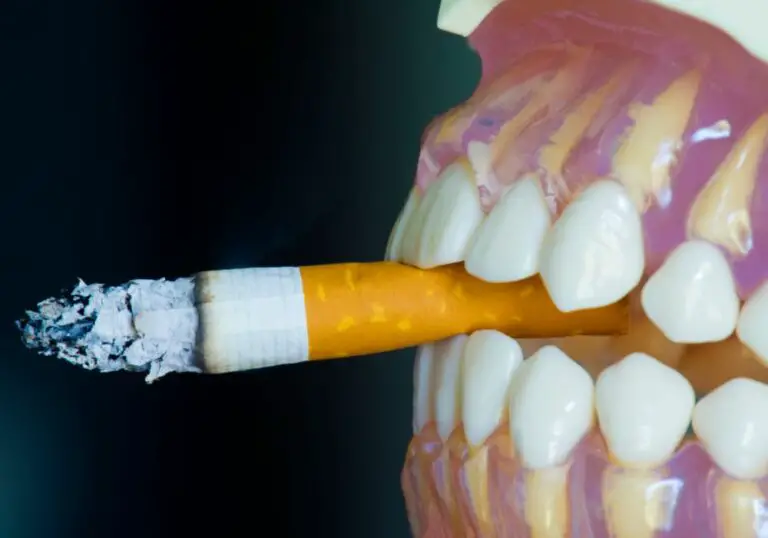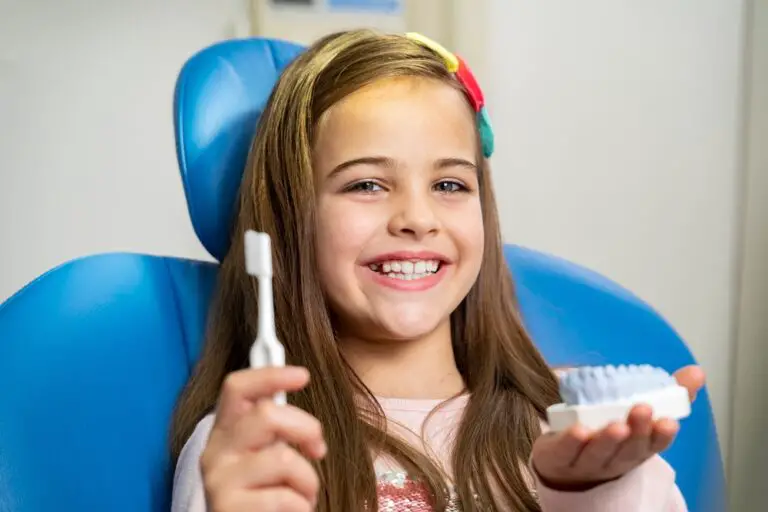Intermittent or periodic dental pain is a common complaint that affects millions of people. While the occasional toothache may seem harmless, recurring pain is a warning sign that something is wrong and requires dental attention. Ignoring the problem allows it to progress, often necessitating extensive treatment down the road.
This article provides an in-depth look at the most frequent sources of sporadic toothaches, the importance of identifying the cause, and the available treatment options to stop recurring discomfort for good.
What Triggers Periodic Dental Pain?
Teeth have a hard outer layer called enamel that protects the sensitive inner pulp chamber containing nerves and blood vessels. Damage to enamel and dentin allows outside stimuli to reach the pulp and trigger pain signals. Common culprits of intermittent flare-ups include:
1. Cavities
Cavities affect over 90% of adults worldwide. They form when plaque, a sticky film of bacteria, accumulates on teeth. The bacteria release acids that demineralize and dissolve enamel. Untreated cavities become larger, allowing hot, cold, sweet, and acidic foods to hit exposed dentin and prompt pain.
As cavity formation reaches the pulp, inflammation and irreversible pulpitis occur. Pulpal inflammation is often asymptomatic at first but transitions into acute pain with temperature changes.
Without treatment, inflamed dental pulp eventually becomes necrotic. Bacterial toxins and pulp tissue breakdown products then stimulate pain receptors, leading to spontaneous pain no longer provoked by stimuli.
2. Cracked or Fractured Teeth
Cracks and fractures in teeth compromise enamel and dentin, enabling irritants to penetrate and inflame the pulp. Causes include:
- Trauma – impacts or blows to the teeth
- Wear and tear – chewing hard items, clenching/grinding, etc.
- Restorations – large fillings placing stress on remaining tooth structure
A crack reaching the pulp causes quick, sharp pain when eating or drinking hot, cold, sweet, or acidic substances. The pain ceases once the irritant source is removed. Over time, as the fracture worsens or becomes infected, constant discomfort may result.
3. Dental Abscess
A dental abscess is a pocket of pus caused by a bacterial infection. Abscesses often stem from untreated tooth decay but can also follow trauma, failed root canals, etc.
Abscess bacteria and their toxins induce pulpal inflammation, leading to swelling and intermittent pain. The pain may be sharp, throbbing, or dull depending on the infection’s severity and location. It may be provoked by hot and cold stimuli.
Without treatment, the abscess continues to expand in the jawbone, becoming a chronic source of periodic pain. Potential complications include tissue damage, tooth loss, and systemic infection.
4. Periodontal (Gum) Disease
Periodontal disease occurs when plaque spreads below the gumline into the roots. As plaque accumulates, inflammation follows, and gum tissue detaches from teeth, forming infected pockets.
Receding inflamed gums provide a pathway for irritants to reach the tooth pulp. This can cause sporadic, transient pain with hot and cold foods and drinks that resolves afterward.
As gum pockets deepen, more severe constant pain may result as the tooth loosens in its socket. Tooth loss is imminent without proper periodontal treatment.
5. Bruxism
Bruxism refers to involuntary clenching or grinding of teeth, often during sleep. It places enormous pressure on teeth, causing muscles and ligaments to become sore and tender.
The excessive grinding forces can microfracture enamel and dentin. Food and drinks then penetrate these cracks, hitting nerves and eliciting brief pain. However, bruxism also leads to constant dull, aching discomfort from perpetually sore muscles.
Diagnosing the Underlying Cause
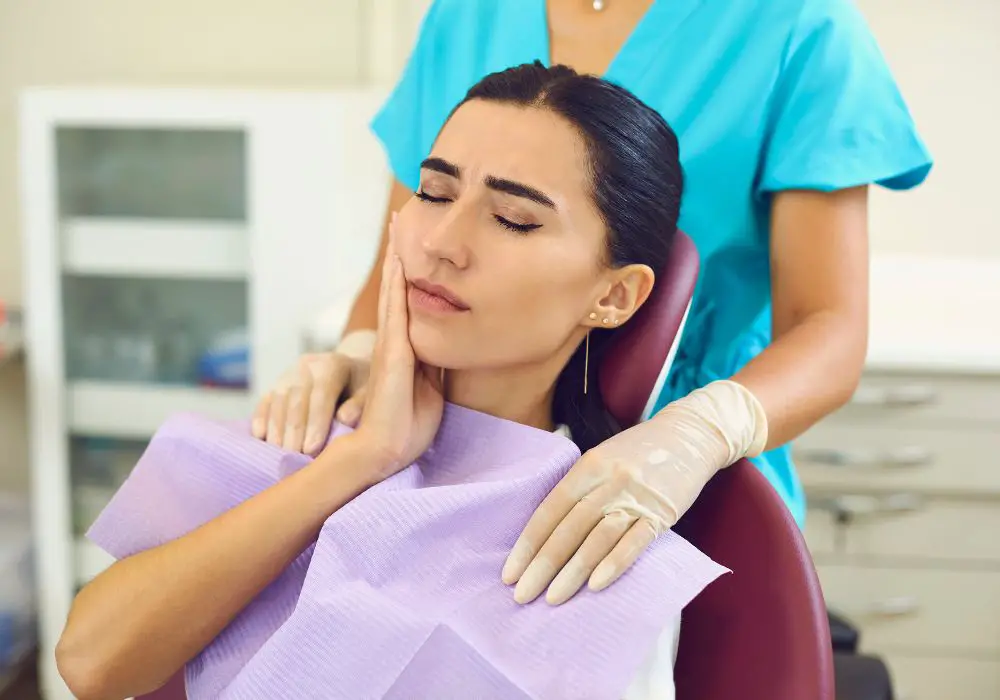
Determining the exact reason behind periodic dental pain is crucial for proper treatment. Dentists use a combination of approaches:
- Patient history – Asking about pain location, duration, triggers, etc. provides insight.
- Clinical exam – Checking for fractures, cavities, loose or displaced teeth, swollen gums, pulp vitality, and tenderness helps pinpoint the issue.
- Dental imaging – Intraoral and panoramic x-rays allow dentists to visualize problems such as cysts, tumors, decay, bone loss, etc.
- Pulp testing – Stimulating the pulp with temperature changes assesses its health and nerve responses.
- Exploratory testing – Gentle probing tests tooth integrity and periodontal pocket depths.
Once a clear diagnosis is obtained, the appropriate therapeutic plan can be formed.
Treating the Source of Recurring Pain
The treatment options differ based on the cause but aim to resolve the problem and prevent repeat episodes:
Fillings
Small to mid-size cavities are treated with dental fillings. The decayed material is removed, and the space filled with metal amalgam, porcelain, resin composite, or another biocompatible filling substance.
Crowns
Crowns fully cover and protect severely decayed or fractured teeth. The damaged areas are reshaped first, then a durable custom crown is placed to reinforce the remaining tooth structure.
Root Canal Therapy
If dental pulp is inflamed and irreversibly damaged, a root canal removes the infected pulp, disinfects the interior, and seals the space. A crown is placed afterward to fortify the tooth.
Tooth Extraction
Hopelessly damaged teeth from decay, trauma, or advanced periodontal disease may need extraction if non-restorable. The gap can be addressed with partial dentures, bridges, or implants.
Treating Gum Disease
Options to resolve periodontal infections include professional cleanings, antimicrobials, periodontal surgery, and tissue/bone grafting to regenerate lost support.
Nightguards and Occlusal Adjustments
Custom nightguards, occlusal adjustments, physical therapy, and other measures help alleviate bruxism and associated discomfort.
Preventing Future Occurrences
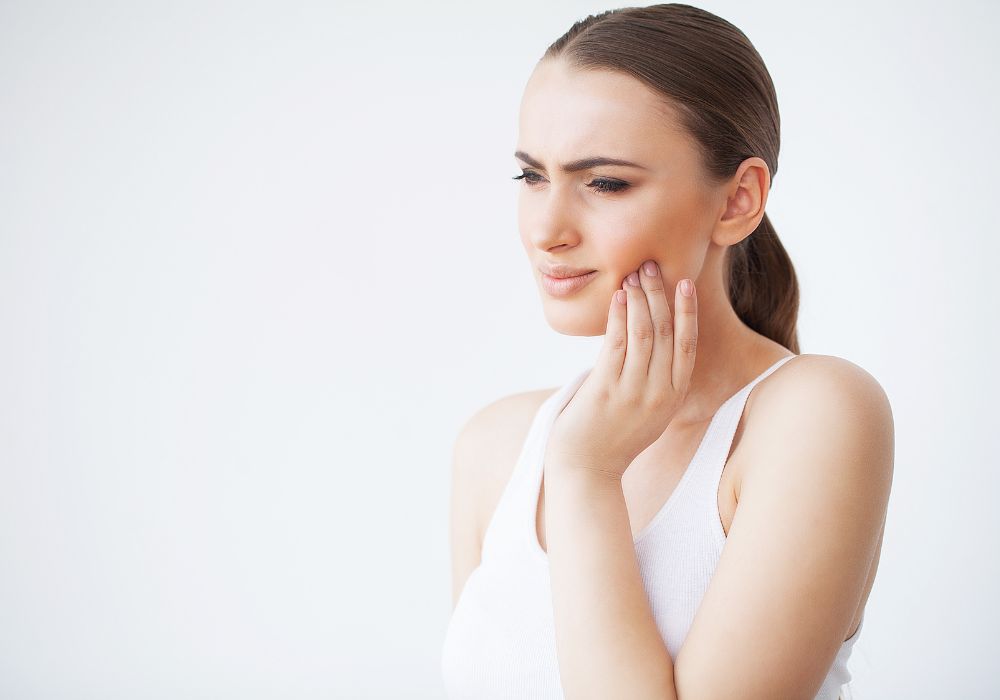
While periodic dental discomfort is often unavoidable, excellent at-home care and professional cleanings every 6 months lower your risk by preventing disease. Follow these tips to avoid repeat episodes of sporadic tooth pain:
- Maintain meticulous oral hygiene with daily brushing, flossing, and antimicrobial rinses
- Limit intake of sugary and acidic foods and drinks
- Avoid excessive alcohol and tobacco use
- Protect teeth from trauma and clenching/grinding damage
- Treat pre-existing dental issues promptly before they worsen
Tell your dentist about any recurring tooth sensitivity or pain for early intervention. Minor problems like small cavities are cheaper and easier to correct before causing extensive damage. Don’t wait until you have severe, constant pain.
When to Seek Emergency Dental Care?
Seek emergency dental help right away if you experience:
- Sudden, severe throbbing pain
- Pain with facial swelling
- Bleeding that won’t stop
- Trauma causing tooth fracture or displacement
- Extreme sensitivity to hot or cold
These symptoms may indicate a serious issue like an abscess, cellulitis, pulp exposure, or periodontal infection needing urgent attention to avoid complications. For less severe intermittent pain, call your dentist promptly for guidance.
Frequently Asked Questions
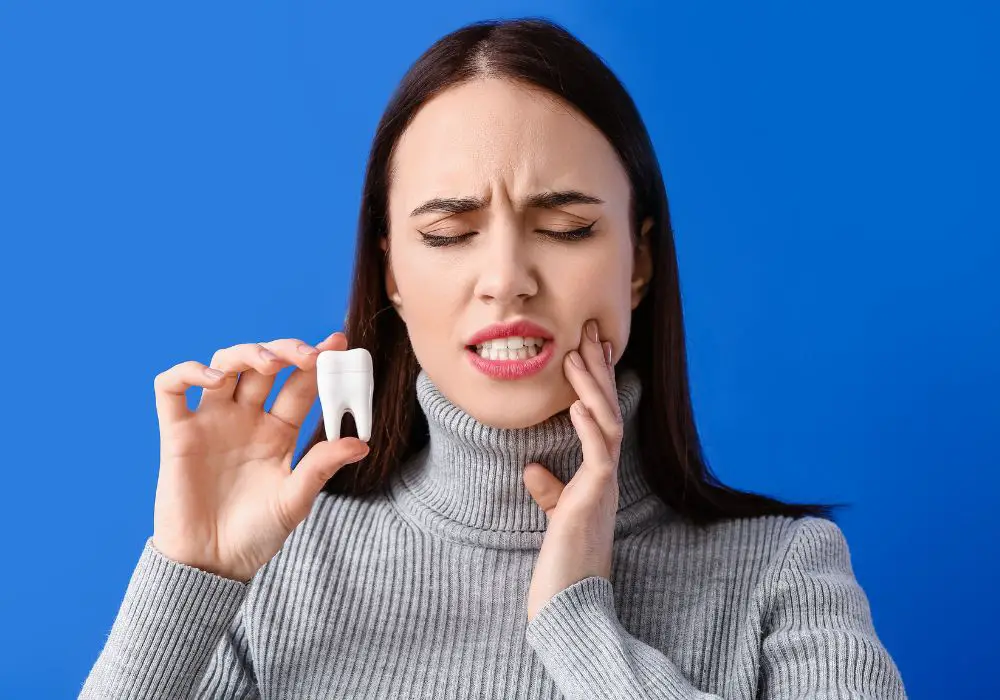
Why does tooth pain come and go?
Tooth pain that comes and goes is often due to problems like cavities, cracks, or gum disease. These issues allow irritants to penetrate at times and reach the sensitive inner pulp tissue, causing brief pain when eating hot, cold, sweet, or acidic foods. The pain goes away once the irritant is removed. Over time, the pain may become more constant as the problem worsens.
What’s the worst culprit of periodic dental pain?
Cavities and tooth decay cause the most common type of periodic or intermittent tooth pain. Plaque bacteria produce acids that eat through enamel and allow thermal, sweet, and acidic irritants to hit the sensitive tooth pulp. This typically causes quick, sharp pains that stop when the irritant is removed. The pain becomes more persistent as decay reaches the inner pulp tissue.
What should I do if I have an occasional toothache?
If you experience any form of recurrent tooth pain, you should schedule an exam with your dentist right away. Don’t wait for the pain to become constant. Describe the pain details so your dentist can try to pinpoint the cause, whether it’s a cavity, crack, abscess, or something else. Prompt treatment can often resolve the issue before it turns into something more serious.
Can poor brushing/flossing habits cause recurring toothaches?
Yes, inadequate oral hygiene often contributes to periodic dental pain. Brushing and flossing removes disease-causing plaque from teeth. Without proper daily brushing and flossing, plaque accumulates and eats through enamel, causing cavity formation, gum infections, and eventual toothaches. Good hygiene habits lower your risk of recurrent dental problems.
Should I see an emergency dentist for occasional tooth pain?
You don’t necessarily need an emergency dentist for intermittent pain that lasts only during a stimulus. However, if the toothache comes on suddenly, seems severe, or is accompanied by facial swelling, you should seek emergency dental care. These symptoms may indicate a dental abscess or another issue requiring urgent treatment. Otherwise, make a prompt appointment with your regular dentist.
Conclusion
Recurring tooth pain should never be ignored. While it may seem to come and go, the underlying problem will continue worsening without treatment. Cavities, cracked teeth, gum disease, and dental abscesses account for the majority of periodic dental pain cases. See your dentist right away if you notice any instances of intermittent toothaches, especially with temperature changes or when eating or drinking. Identifying the cause early allows for more conservative treatment before the issue becomes advanced. With prompt care, recurring tooth woes don’t have to plague your daily life.

